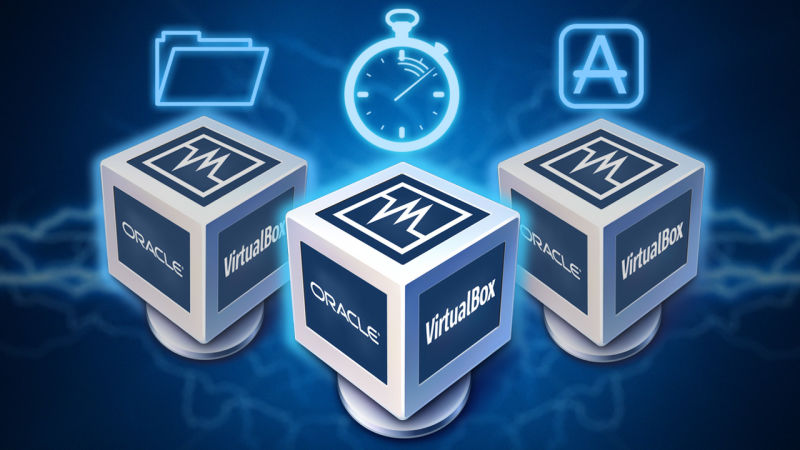At this point, pretty much all IT companies are aware of the financial benefits of virtualization. Taking the contents of various servers and running them all together on one, leading to great savings. However, recently, a battle has begun. The ongoing war between virtual machines and containers has been hard to miss. But which one is better?
Virtual Machines
A virtual machine or VM is a piece of software that thinks it’s a piece of hardware. Basically, when the software is run on a computer it acts as a separate device. With this system, application codes and operating systems are packed up together and can be run on one ‘host’ server simultaneously without their knowledge of each other.
Since their launch, VM’s have been invaluable within the IT industry. However now, there’s a new kid on the block.
Containers
All of the big names seem to have jumped on the bandwagon with this one (Google and Amazon to name but two). But what are containers?
Containers share the same goal as VM’s- allowing servers to run numerous applications all on one device. However, unlike the alternative, containers do away with carting around numerous operating systems and select only the application codes to pack away. These applications can then be run on any server with just one operating system.
These differences in architecture lead to various differences in performance.
Containers use less memory than VM’s
While VM’s need to store operating systems on top of application codes, containers save on memory by using only one server.
Containers are quicker than VM’s
Since containers do not need to power up a whole operating system each time they switch files or applications they are accessing, they can be up and running in seconds and stay up.
Containers are more ‘lightweight’ than VM’s
This means that while dozens of VM’s can be run on a single host. A host can potentially ‘host’ thousands of containers. Impressive.
VM’s are more developed than Containers
Containers are a relatively new technology. While they show great promise, they have yet to have all of the issues ironed out. In time they may prove themselves, and have already gone a long way in doing so. But as yet, the technology still needs time and work to grow into its own.
VM’s are more secure than containers
The major worry when it comes to containers, is the potential lack of security. The nature of VM’s mean that even when running dozens of them on the same host, they are all kept separate from each other. Containers, on the other hand, share one operating system. This means that if one application goes down, it could possibly take others down with it.
In situations calling for top security, or where multiple users have access to the same system then VM’s currently still come out on top.
It’s not hard to see why containers have caused such a stir. However, it is unclear which one wins out over the other. Or why, going forward, one needs to. It is not an either-or situation. There is a time, a place and enough room within organizations, for both virtual storage management systems to develop and thrive.
